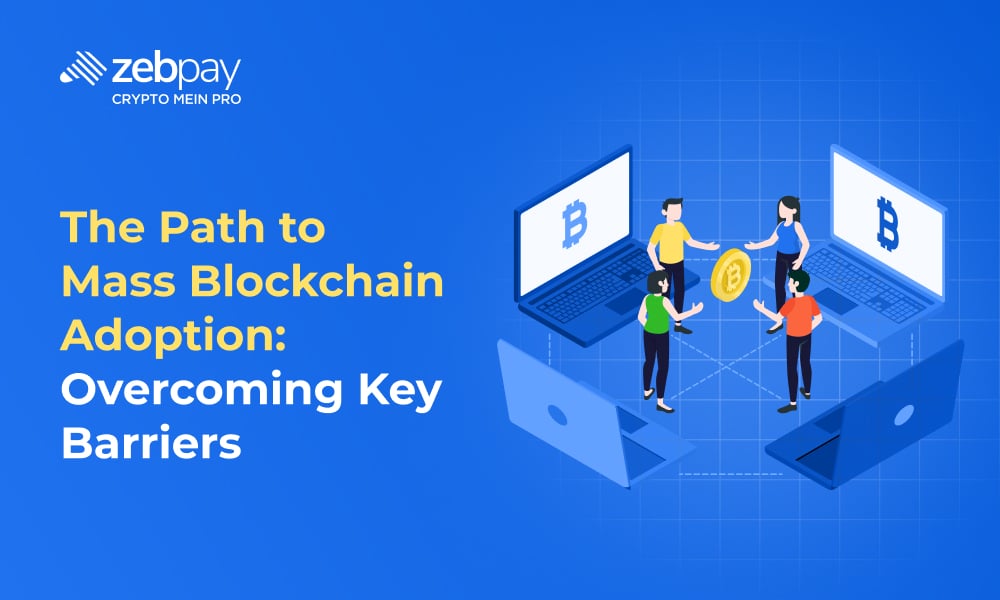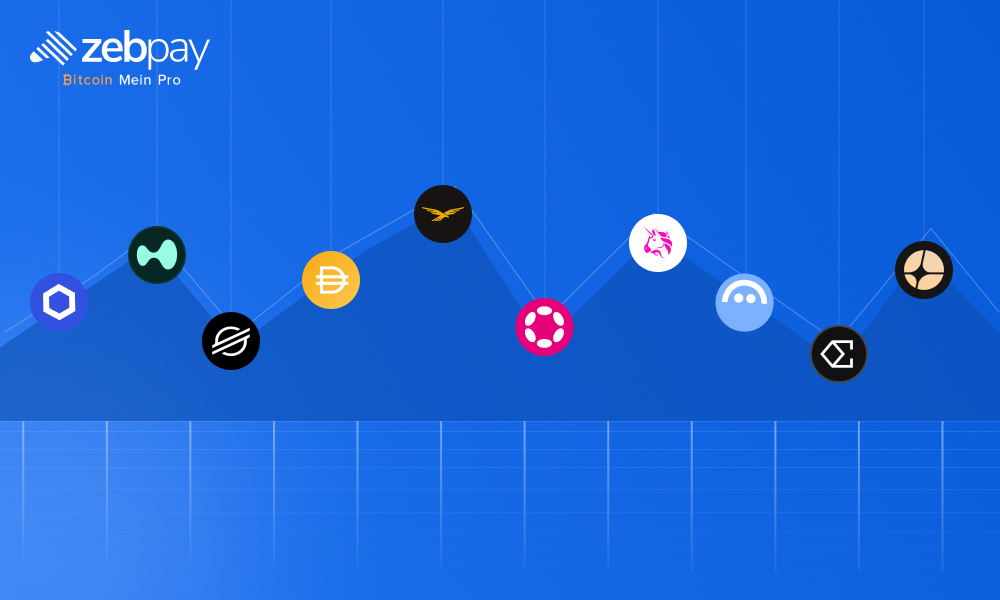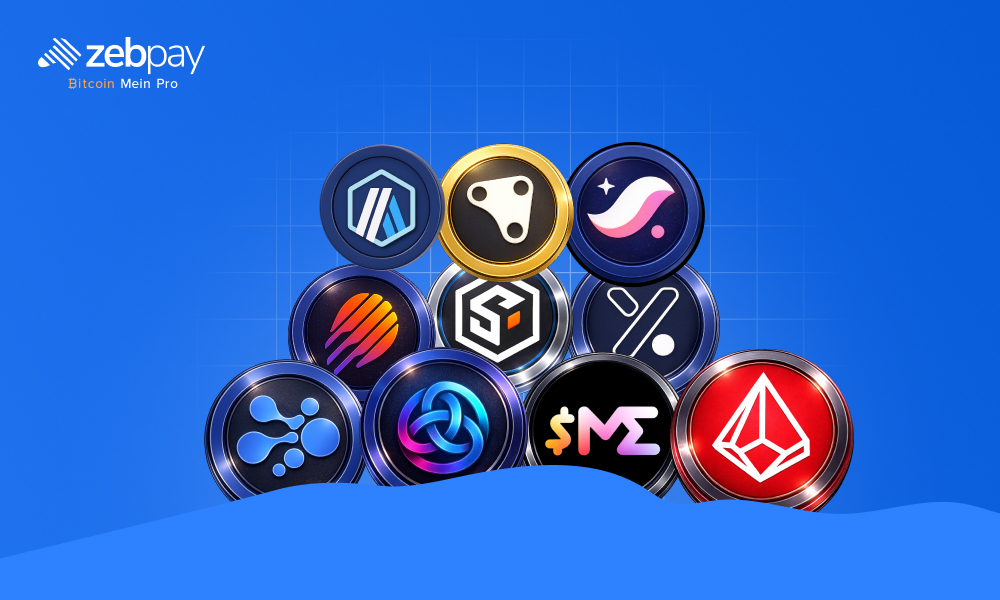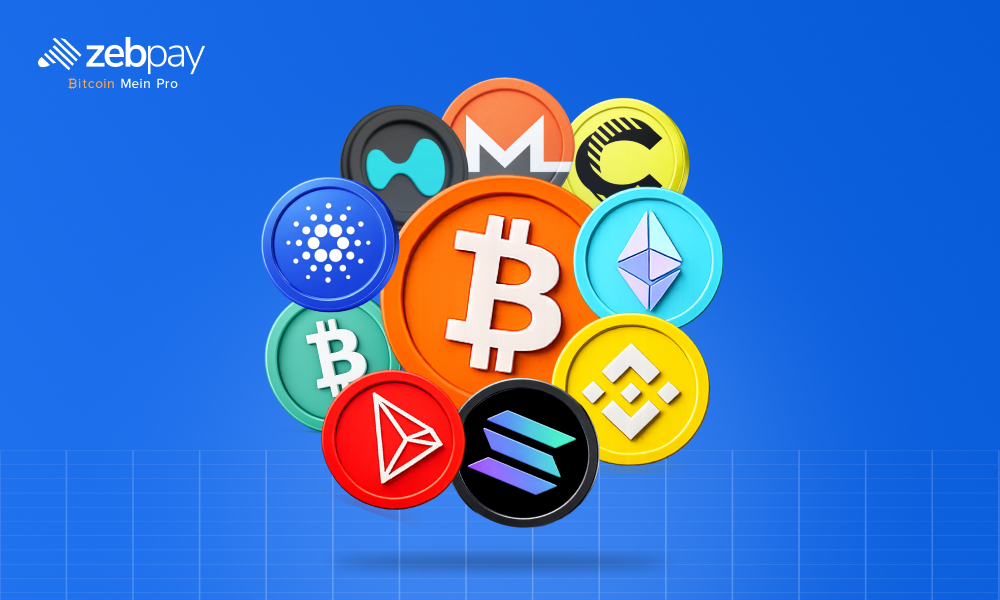Blockchain technology continues to demonstrate its vast potential to transform industries and create new opportunities for innovation. While its adoption has seen significant progress, the journey toward mass adoption is still unfolding. As businesses, governments, and individuals explore the power of decentralised solutions, overcoming the key barriers to blockchain adoption will be crucial for realising its full potential. This blog explores the current state of blockchain adoption, the challenges it faces, and the innovative solutions driving its path toward mainstream integration.
Current State of Blockchain Adoption
- Blockchain’s Early Stages: Blockchain technology, considered to be in the early phases of adoption, has seen many sectors experimenting with pilot programs and proof-of-concept initiatives.
- Industry Uptake: Industries such as finance, healthcare, and supply chain management are actively exploring blockchain solutions, although widespread deployment is still emerging.
- Global Trends: While regions like North America and Asia are leading blockchain adoption efforts, global uptake is varied, with some areas progressing faster than others.
Key Barriers to Blockchain Adoption
- Scalability: Current blockchain platforms face scalability challenges, particularly in handling high volumes of transactions quickly and cost-effectively.
- Regulatory Uncertainty: The evolving regulatory landscape across different regions creates uncertainty for businesses and investors. Clear, consistent policies will be key to supporting blockchain’s growth.
- Complexity and Lack of Expertise: The technical complexity of blockchain technology and a limited pool of skilled professionals pose barriers to widespread adoption.
- Interoperability Issues: Lack of seamless communication between different blockchain platforms creates challenges for integration with existing systems.
- Security and Privacy Concerns: Although blockchain offers strong security features, concerns regarding data privacy and the potential for cyber threats continue to be addressed by ongoing innovations.
Innovative Solutions Driving Adoption
- Layer 2 Solutions: Technologies like the Lightning Network are helping to improve blockchain scalability by facilitating faster, lower-cost transactions off-chain.
- Interoperability Protocols: Cross-chain communication protocols are enabling blockchain platforms to work together more seamlessly, opening up new opportunities for integration.
- Privacy-Enhancing Technologies: Innovations like zero-knowledge proofs are helping address privacy concerns, making blockchain more viable for industries like finance and healthcare.
- Decentralised Finance (DeFi): The rise of DeFi is showcasing blockchain’s potential in transforming financial services, offering decentralised alternatives to traditional banking.
Role of Governments and Enterprises in Adoption
- Government Initiatives: Governments worldwide are starting to recognise blockchain’s value, with initiatives in areas like digital assets, secure voting systems, and supply chain transparency.
- Corporate Investment: Enterprises are increasingly investing in blockchain technology to improve operational efficiency, enhance security, and create new business models.
- Public-Private Partnerships: Collaborations between governments and private enterprises are playing a pivotal role in driving blockchain adoption and ensuring regulatory clarity.
Use Cases Accelerating Mass Adoption
| Sector | Blockchain Use Case | Impact |
| Finance | DeFi | Expands access to financial services, offering decentralised alternatives to traditional banking. |
| Supply Chain | Transparent Tracking | Improves product traceability, ensuring greater transparency and efficiency in supply chains. |
| Healthcare | Secure Patient Data Management | Enhances data security and accessibility, empowering patients and healthcare providers alike. |
| Governance | Digital Voting | Increases trust in electoral systems by ensuring transparency and reducing fraud. |
Future Outlook
- Increased Regulation: As the regulatory landscape evolves, clearer policies will provide greater certainty for businesses and investors looking to adopt blockchain technologies.
- Mainstream Integration: Blockchain is on track to become an integral part of enterprise systems, driving efficiency and creating new business opportunities.
- Greater Consumer Adoption: As user-friendly applications emerge, blockchain will become more accessible, paving the way for broader consumer adoption in everyday life.
Conclusion
The path to mass blockchain adoption is one of innovation and opportunity. By overcoming key barriers such as scalability, regulatory uncertainty, and technical complexity, blockchain technology can realise its potential to transform industries and create new opportunities for businesses and consumers alike. With continued advancements in blockchain solutions, strategic collaborations, and a supportive regulatory environment, blockchain is poised to become a cornerstone of a decentralised future.
Unravel everything that you need for your crypto journey via ZebPay blogs. Get started today and join 6 million+ registered users on ZebPay!






